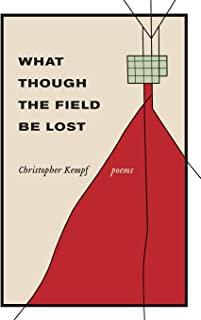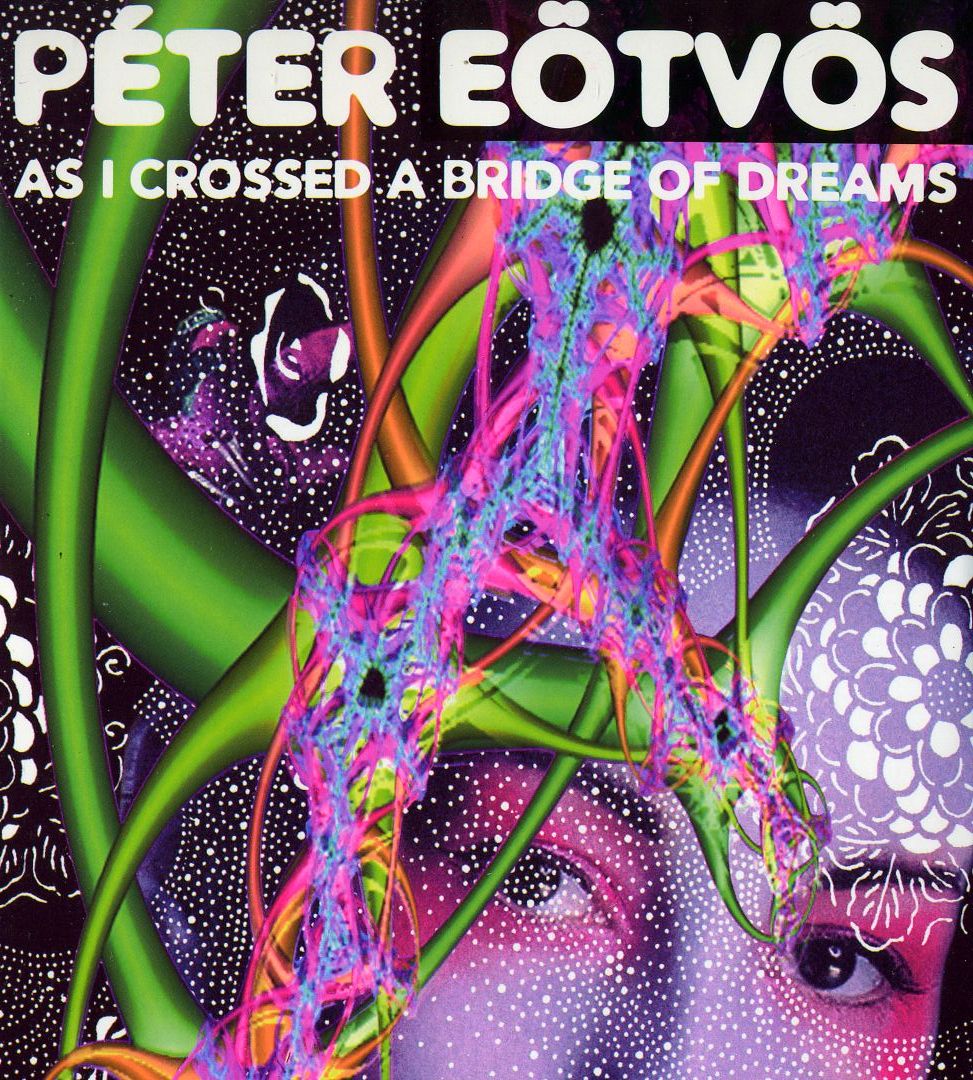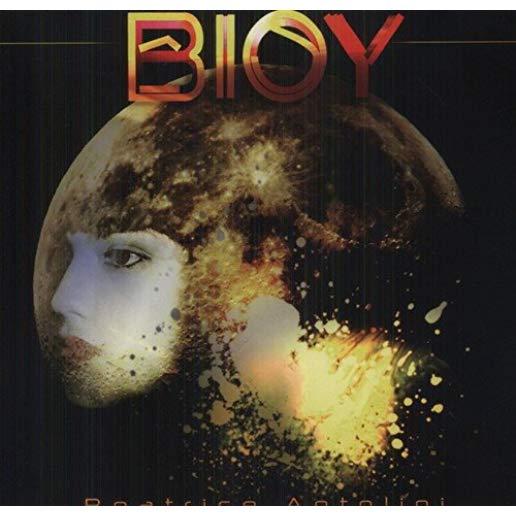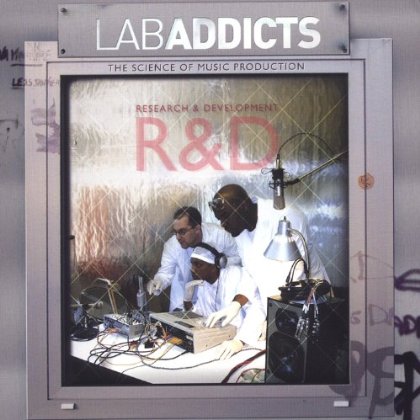
description
8
Based on two years living and researching in Gettysburg, Pennsylvania, What Though the Field Be Lost uses the battlefield there as a way to engage ongoing issues involving race, regional identity, and the ethics of memory.
With empathy and humility, Kempf reveals the overlapping planes of historical past and public present, integrating archival material--language from monuments, soldiers' letters, eyewitness accounts of the battle--with reflection on present-day social and political unrest. Here monument protests, police shootings, and heated battle reenactments expose the ambivalences and evasions involved in the consolidation of national (and nationalist) identity. In What Though the Field Be Lost, Kempf shows that, though the Civil War may be over, the field at Gettysburg and all that it stands for remain sharply contested. Shuttling between past and present, the personal and the public, What Though the Field Be Lost examines the many pasts that inhere, now and forever, in the places we occupy.member goods
No member items were found under this heading.
listens & views

AS I CROSSED A BRIDGE ...
by EOTVOS / LAURENCE / SVOBODA / BUQUET / HOLCOMB
COMPACT DISCout of stock
$14.75
Return Policy
All sales are final
Shipping
No special shipping considerations available.
Shipping fees determined at checkout.






